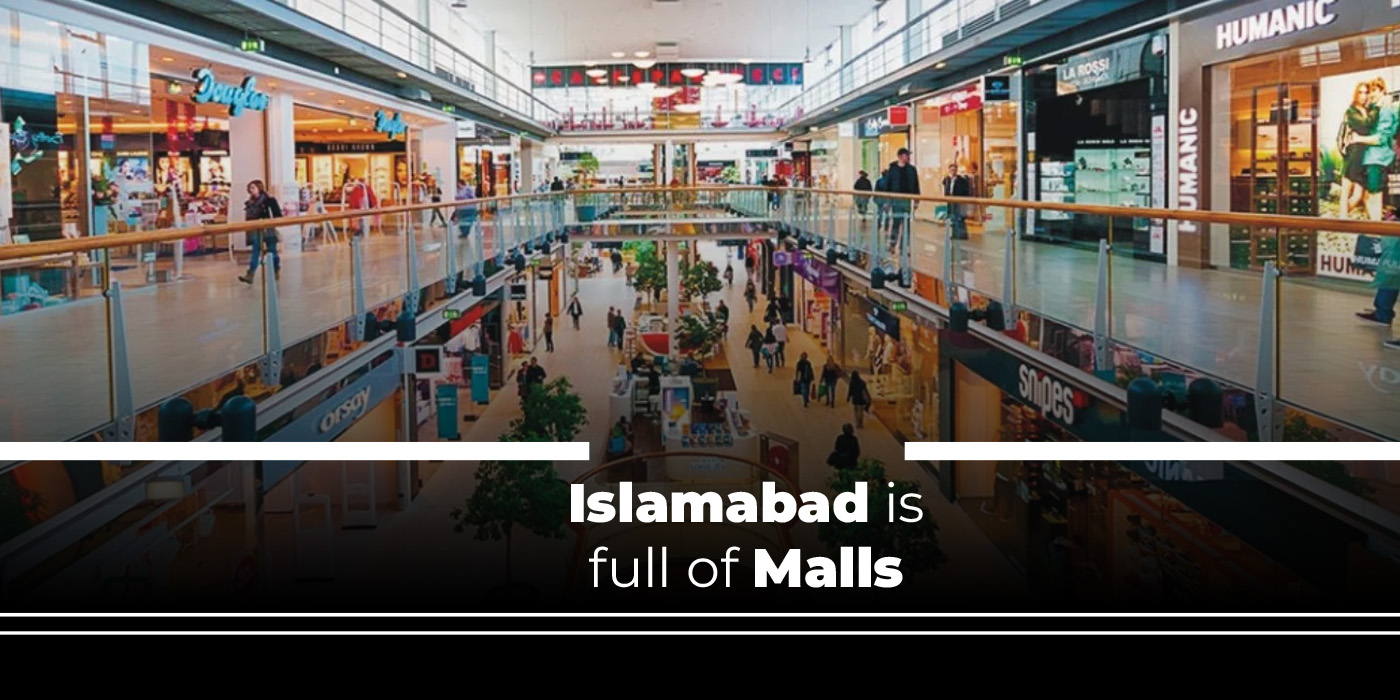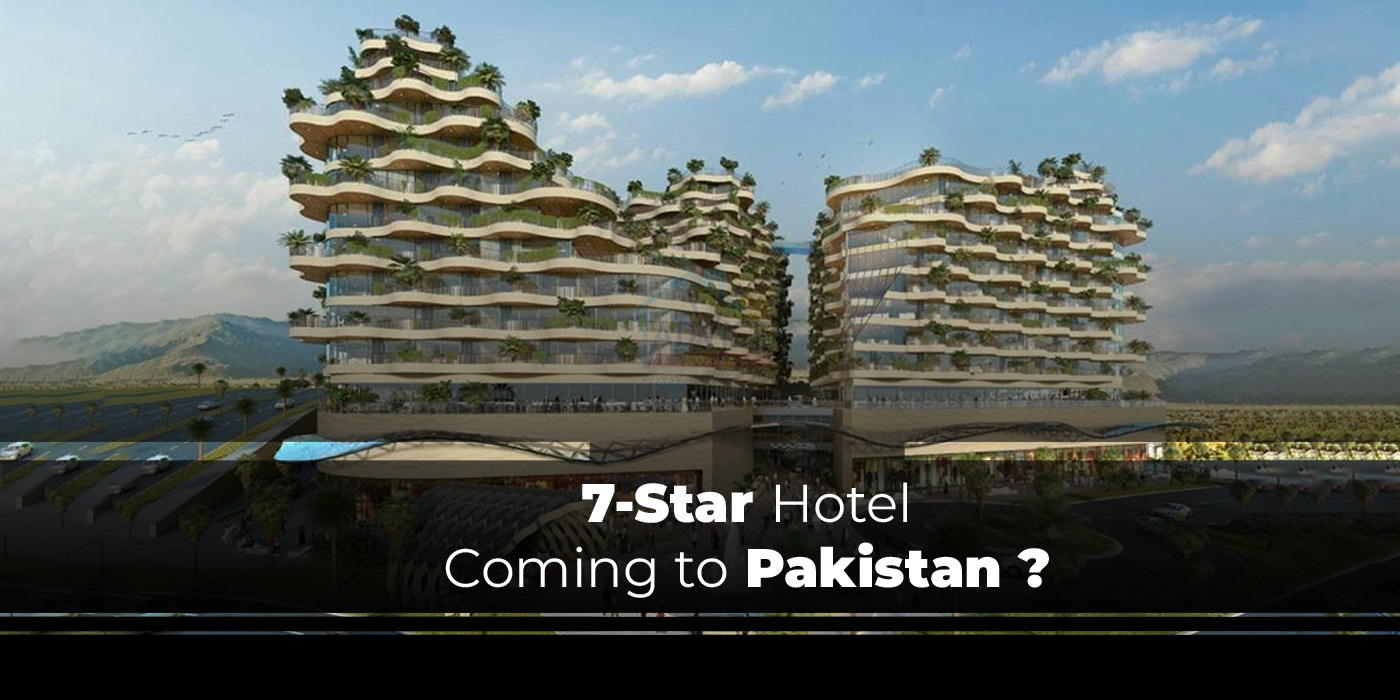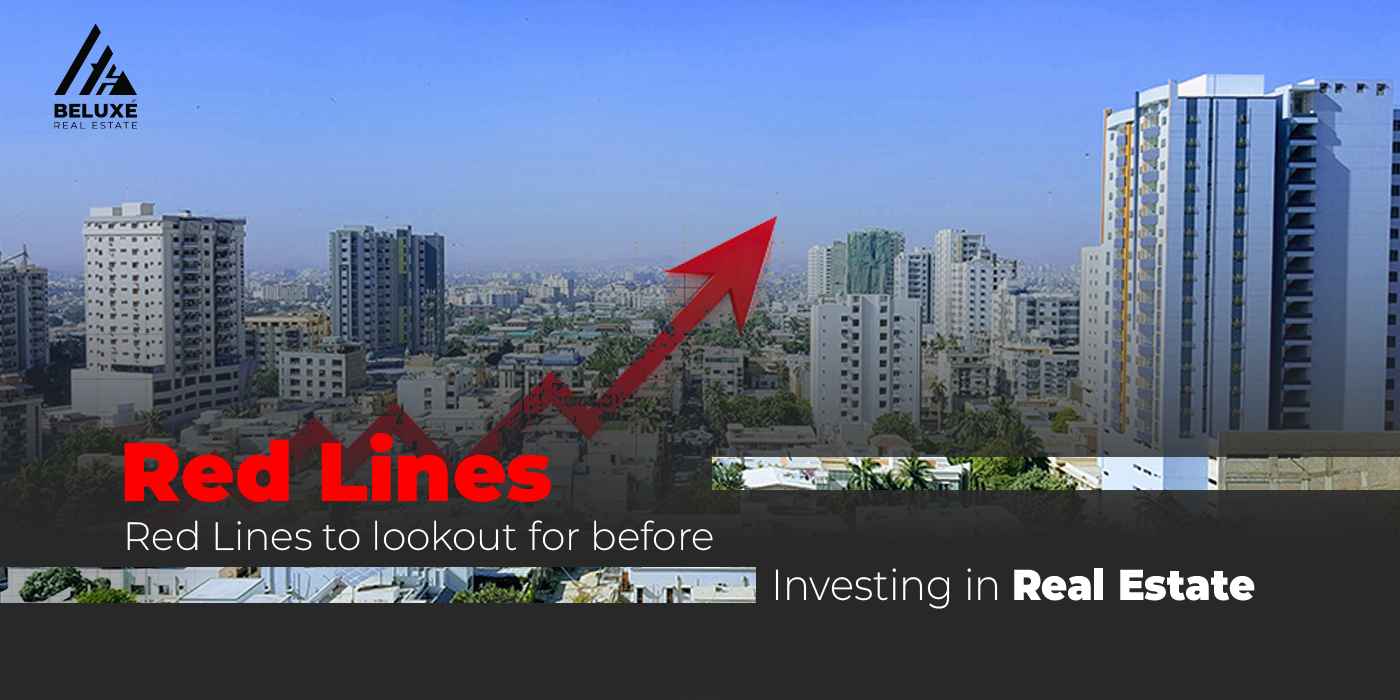Islamabad is full of Malls
The city of Islamabad has witnessed a rapid increase in the number of malls over the past few years. While some argue that the increasing number of malls is a sign of economic growth and development, others believe that over-construction of malls has led to saturation in the market, and the city is now at risk of experiencing a retail bubble. In this blog, we will delve deeper into the phenomenon of over-construction of malls in Islamabad, its potential impact on the real estate market, and the reasons behind this trend.
Over the past few years, the number of malls in Islamabad has increased significantly, with new malls popping up in different areas of the city. From luxury malls to budget malls, the city has it all. According to a report by JLL, a global real estate services firm, the retail space in Islamabad has increased by 57% over the past five years. The report also states that the city now has a total of 2.2 million square feet of retail space, with more than 50% of it located in malls.
While the construction of new malls may seem like a good thing for the economy, over-construction can have negative consequences. One of the biggest risks of over-construction is the saturation of the market. When there are too many malls in an area, they start to compete with each other for customers. This can result in lower sales, lower rental yields, and an increase in vacancy rates. This can ultimately lead to a retail bubble, where the market becomes oversaturated, and many of the malls start to struggle.
Another potential impact of over-construction of malls is on the real estate market. Malls are a major driver of commercial real estate, and when the market is saturated, it can result in lower demand for commercial real estate. This, in turn, can lead to a decrease in real estate prices, and a reduction in the overall value of the market.
So why is over-construction of malls happening in Islamabad? One reason is the booming population of the city. As the population grows, the demand for retail space increases, and developers see an opportunity to capitalize on this demand. Additionally, some developers may be taking advantage of easy financing options, which can lead to a flood of new developments in the market.
In conclusion, the over-construction of malls in Islamabad is a complex issue with potential consequences for both the retail and real estate markets. While the trend may seem positive in the short term, it is important for developers and investors to consider the long-term impact of their decisions. With careful planning and regulation, Islamabad can continue to grow and develop without risking a retail bubble or a downturn in the real estate market.



